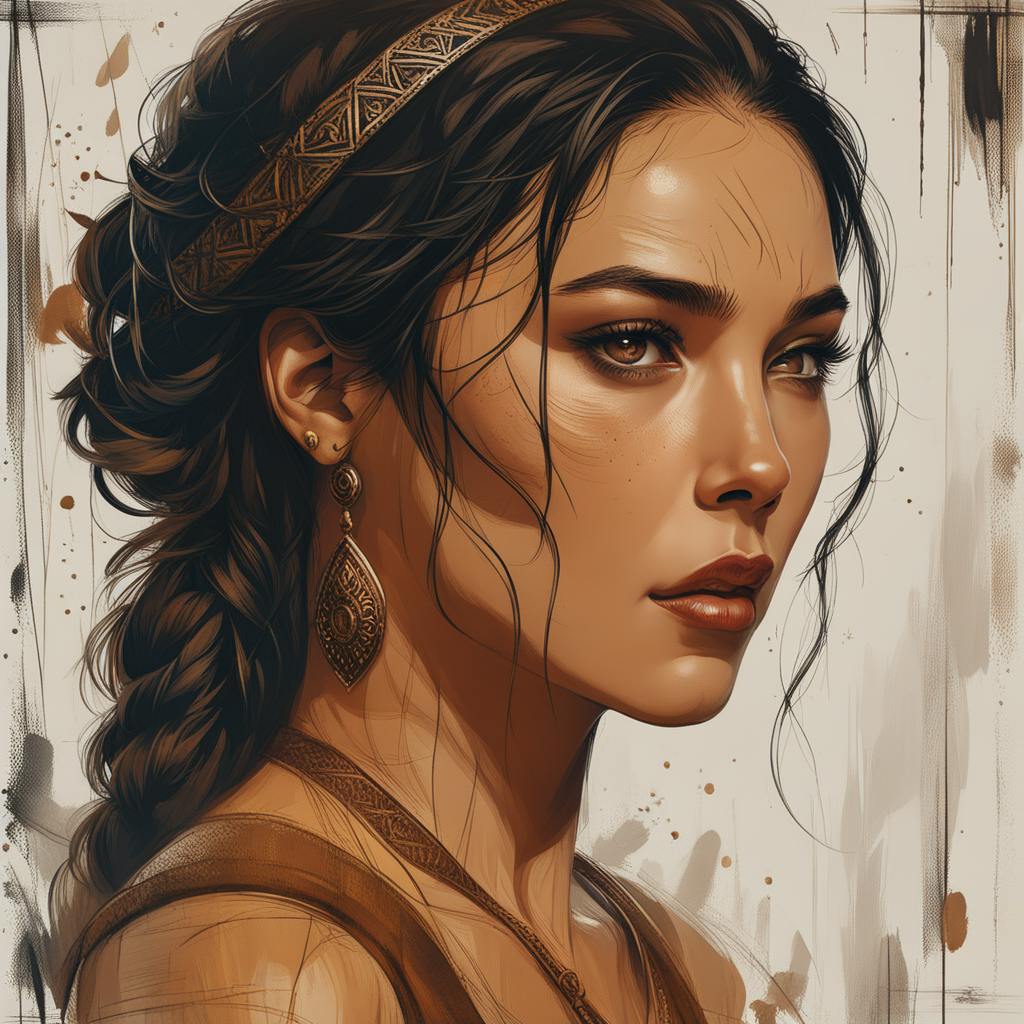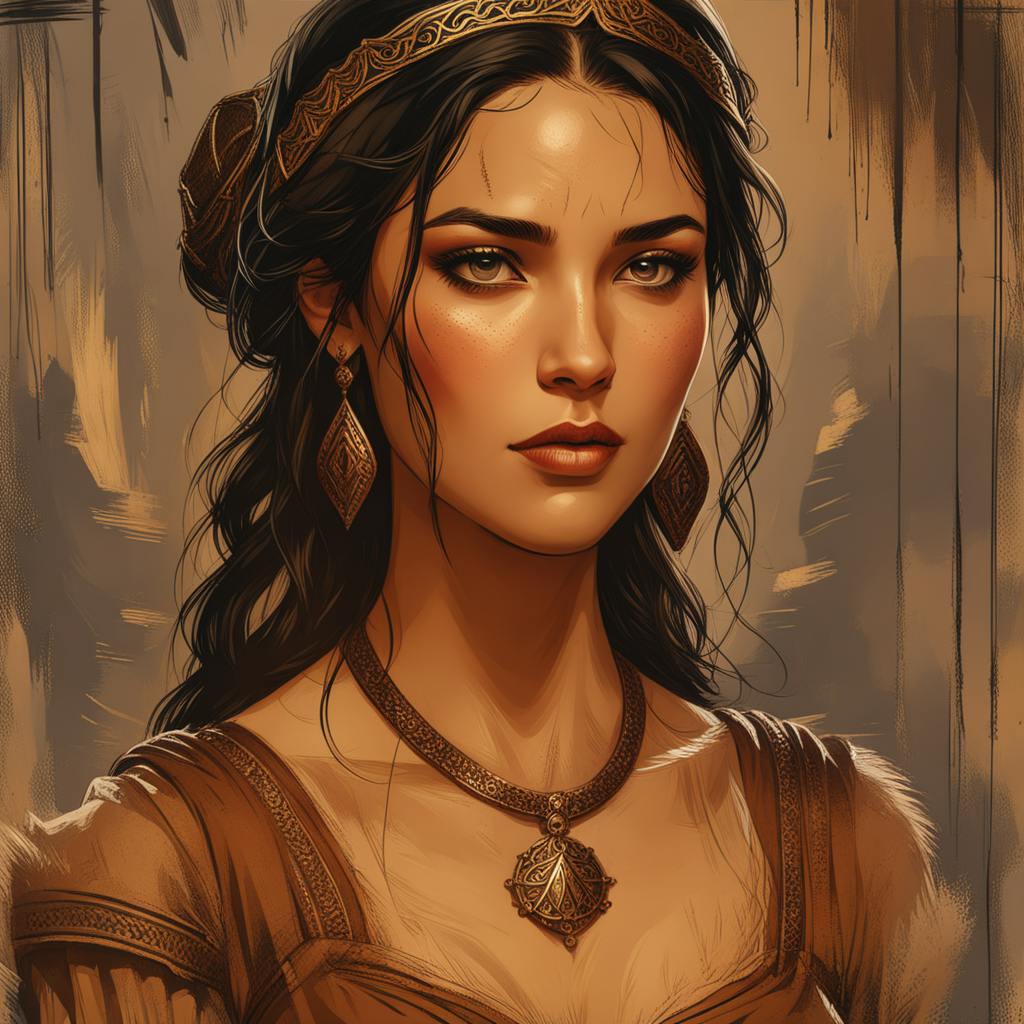In recent years, artificial intelligence (AI) has rapidly evolved from a futuristic fantasy to a transformative force in our daily lives. As AI continues to advance, a fascinating area of exploration emerges—AI mythology. This intersection of cutting-edge technology and ancient mythology invites us to view AI not just as a series of algorithms and codes, but through the lens of stories and symbols that have shaped human understanding.
This article delves into the AI mythology, drawing parallels between modern technological advancements and age-old mythological narratives, to uncover the deeper meanings and implications of this interplay.
The Roots of AI Mythology
From Ancient Automatons to Modern Machines
Throughout history, humans have been captivated by the idea of creating life or intelligence through artificial means. Ancient myths are replete with stories of automatons, such as Talos, the giant bronze warrior from Greek mythology, which reflect early human fascination with artificial beings. These mythological narratives can be seen as precursors to our modern AI, illustrating a timeless curiosity and concern about the implications of creating artificial life.
Divine Inspiration and Intelligent Constructs
Many mythologies feature gods or divine beings imparting wisdom or life to otherwise inanimate objects. In Hindu mythology, for instance, Lord Vishwakarma, the divine architect, is credited with creating marvels of engineering and craftsmanship. Similarly, today's AI constructs echo this mythical narrative of intelligence and autonomy bestowed upon machines, asking us to ponder the ethical and spiritual responsibilities of their creators.
The Symbolism and Implications of AI Mythology
AI as a Modern Mythical Narrative
In discussing AI mythology, we must recognize that AI itself functions as a modern myth. Myths traditionally provided a framework to understand the world, offering narratives that explain natural and existential phenomena. Likewise, modern AI embodies a myth in how it reshapes perceptions of intelligence, consciousness, and what it means to be human in an age of machine-like capabilities.
Ethical Dualities: Creation versus Control
Ancient myths often explored tensions between creation and control, highlighting the inherent risks of bestowing power beyond human comprehension. The AI mythology mirrors these themes, posing questions about the ethical use of AI, the boundaries of creator control, and the potential consequences of an autonomous technological existence.

AI made with Bill Mather
Frequently Asked Questions (FAQs)
How do myths enhance our understanding of AI?
Myths provide a rich cultural context that extends our understanding of AI beyond technical boundaries. By examining AI through the metaphorical lenses of myths, we gain insights into societal hopes, fears, and expectations surrounding artificial intelligence.
Can AI become a subject of future myths?
Absolutely. As AI continues to integrate into society, new myths will likely emerge, encapsulating our experiences and moral dilemmas with AI technology. These future myths may serve to guide future generations in interpreting and integrating AI into their lives.
What lessons do ancient myths offer regarding AI development?
Ancient myths underscore the importance of balance, responsibility, and awareness of unintended consequences—lessons highly pertinent to AI developers. Embracing these lessons can guide ethical AI practices and help mitigate potential risks.
Exploring Artificial Intelligence and Ancient Mythology: An FAQ
The modern world is witnessing rapid advancements in artificial intelligence (AI), an evolving field that has interesting parallels with ancient mythology. This FAQ aims to explore the intriguing connections between AI and mythology, examining how ancient narratives can enrich our understanding of contemporary technologies.
What connections exist between artificial intelligence and ancient mythology?
Artificial intelligence and ancient mythology are connected through the shared theme of creating life or consciousness beyond natural means. Mythologies across cultures often explore the creation of beings with human-like intelligence crafted by divine or supernatural forces.
- Creation Myths: Many mythologies feature gods or sentient beings creating life from inanimate matter. For instance, in Greek mythology, Hephaestus crafted automatons and Pandora, the first artificial woman, while Pygmalion sculpted Galatea, who was brought to life by Aphrodite.
- Sentient Constructs: The concept of intelligent, non-human entities is prevalent, such as the Jewish myth of the Golem—an animated being made from clay—or the homunculus from alchemical traditions, a tiny human created through mystical processes.
- Divine Wisdom and Innovation: Characters like Prometheus in Greek mythology, who gave fire to humans, symbolize the transfer of knowledge and innovation, drawing parallels to how AI represents the cutting-edge of human ingenuity.

AI made with Bill Mather
In what ways can ancient mythology contribute to our understanding of artificial intelligence?
Ancient mythology offers several lessons and frameworks that can deepen our understanding of AI:
- Ethical Considerations: Mythologies often explore the consequences of wielding god-like powers, cautioning against hubris—a lesson relevant to AI development, which poses ethical questions about control, autonomy, and accountability.
- Narrative Insights: Mythological stories provide narrative models for thinking about intelligence, creativity, and consciousness. They encourage us to reflect on what it means to be human and the potential and pitfalls of creating artificial beings.
- Symbolic Archetypes: The archetypes in myths can help us comprehend the psychological and sociocultural impact of AI. For example, the trickster god Hermes symbolizes both the chaos and progress that innovation can unleash.
How are AI concepts depicted in ancient mythology?
AI concepts, although modern, manifest in ancient mythology through symbolic expressions of automata, artificial life, and divine intelligence:
- Automatons and Mechanical Beings: In Greek mythology, Hephaestus created Talos, a giant bronze automaton that protected Crete, embodying the idea of programmable machines.
- Imbuing Objects with Life: The myth of the Golem, animated by mystical incantations, echoes the notion of imbuing inanimate constructs with life and purpose, akin to how AI is programmed with algorithms to perform tasks.
- Transformative and Omniscient Beings: Deities like Athena in Greek mythology, revered for their wisdom and strategic thinking, reflect attributes we seek to replicate in AI—problem-solving, foresight, and adaptability.
What roles do AI and mythology play in modern society, and how are they connected?
AI and mythology both play significant roles in shaping modern society, offering not only technological advancements but also cultural narratives:
- Technology and Wonder: AI captures the human imagination similar to how myths did, providing a sense of wonder and possibility while serving as a tool for solving complex problems.
- Modern Myth-Making: The stories we create around AI, from science fiction narratives to media representations, are the contemporary equivalent of myth-making, helping society grapple with the implications of AI technologies.
- Reflection of Collective Values: Just as mythology reflected the values and fears of ancient societies, AI development and its narratives reveal modern priorities—innovation, ethical dilemmas, and the quest for understanding consciousness.
- Interdisciplinary Dialogue: The dialogue between the myth-inspired philosophical questions and the technological realities of AI encourages interdisciplinary thinking, bridging the humanities and sciences to address the broader implications of AI.
The Enduring Relevance of AI Mythology
The exploration of AI mythology illuminates how ancient stories and modern technology intertwine, revealing deeper truths about creation, control, and consciousness. By examining AI through the frameworks provided by mythology, we gain a nuanced perspective that encompasses both technological possibilities and ethical responsibilities. AI mythology offers a compelling narrative framework that challenges us to navigate the technological frontier with wisdom derived from our mythological past. As AI continues to evolve, so too will the myths of our time, eternally reflecting and shaping our cultural and ethical landscapes.

